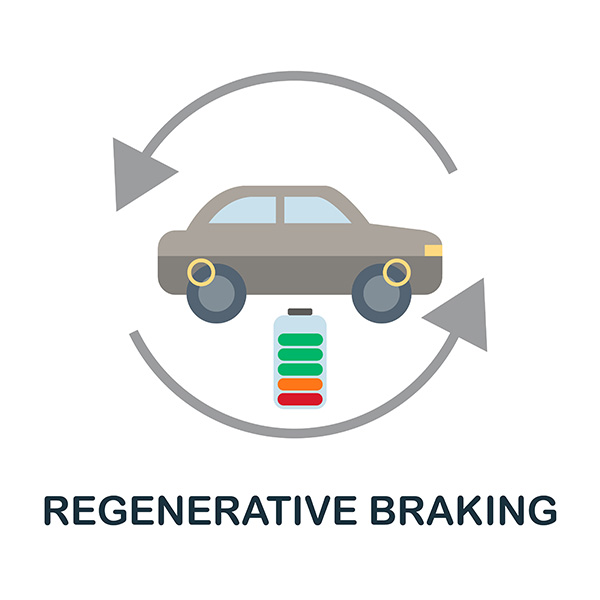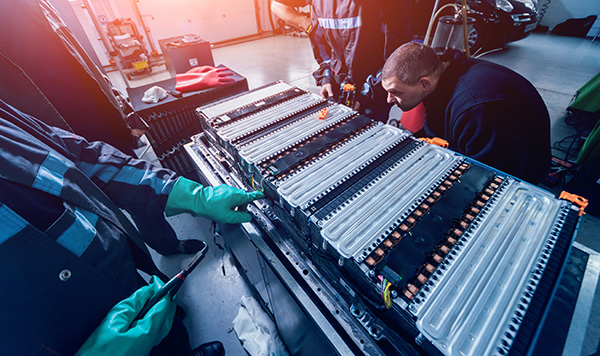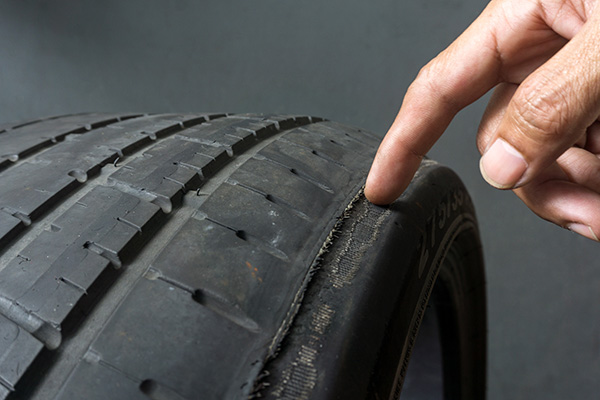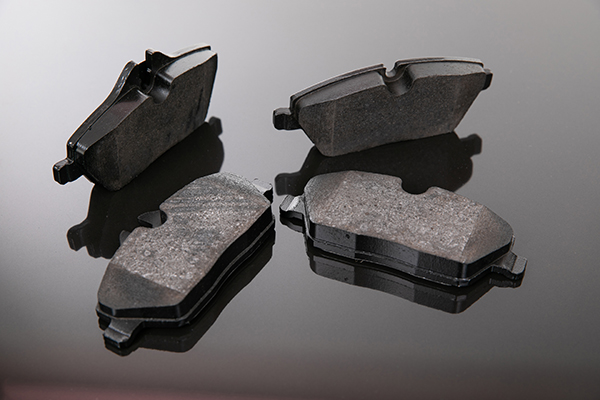Posted on 6/28/2024

Have you ever wondered what makes hybrid cars so efficient? One key technology that sets them apart from traditional vehicles is regenerative braking. This innovative system improves fuel efficiency but also enhances the overall driving experience. But how does it work, and why is it so essential for hybrid cars? At Torque Automotive, we’re here to break it down for you. What is Regenerative Braking? Regenerative braking is a technology used in hybrid and electric vehicles that converts kinetic energy, which is usually lost during braking, into electrical energy. This recovered energy is then stored in the vehicle’s battery and used to power the electric motor. Unlike conventional braking systems, which dissipate energy as heat, regenerative braking harnesses it, improving efficiency and extending the vehicle’s range ... read more
Posted on 5/27/2024

Hybrid vehicles have gained immense popularity in recent years, offering a blend of fuel efficiency and eco-friendliness. However, one common concern among hybrid owners is the eventual deterioration of the hybrid battery, which often leads to costly replacement. But what if there was a solution that could save you from shelling out big bucks on a new battery? Enter battery reconditioning – a game-changing technique that could potentially extend the life of your hybrid battery and save you money in the long run. The Hybrid Batteries Let's first talk about the basics of hybrid batteries and their role in powering these innovative vehicles. Unlike traditional car batteries, hybrid batteries are complex energy storage devices designed to work in tandem with an internal combustion engine and an electric motor. They store electrical energy generated during braking and deceleration, which is then used to supplement the gasoline engine's power during ac ... read more
Posted on 4/29/2024

Have you ever felt your car pulling to one side or noticed uneven tire wear? These could be signs that your vehicle is in dire need of a wheel alignment. But what exactly is a wheel alignment, and why is it important? Precision Alignment ProcessWheel alignment is a precise procedure that involves adjusting the angles of the wheels to ensure they are perpendicular to the ground and parallel to each other. This adjustment is crucial for maintaining proper vehicle handling, steering, and tire wear. During a wheel alignment, specialized equipment is used to measure the current angles of the wheels and make necessary adjustments to bring them back into alignment according to manufacturer specifications. Ensuring that all four wheels are correctly aligned helps optimize driving comfort, safety, and overall vehicle performance. Sign #1: Pulling to One Side One of the most common indica ... read more
Posted on 3/29/2024

Have you ever found yourself pressing down on the brake pedal, only to feel like your car is taking an eternity to slow down? Delayed braking can be not only frustrating but also dangerous, especially in emergency situations. Worn Brake Pads One primary reason for slow braking performance is worn brake pads. Brake pads are essential components of your car's braking system, responsible for creating friction with the brake rotors to slow down and stop the vehicle. Over time, brake pads naturally wear down due to repeated use, eventually becoming too thin to effectively grip the rotors. When this happens, it takes longer for the brake pads to generate enough friction to decelerate the car, resulting in delayed braking response. Regular inspection and replacement of worn brake pads are crucial for maintaining optimal braking performance and ... read more
Posted on 2/29/2024
%20(Small).jpeg)
Have you ever checked your engine oil only to find it looking darker than usual? Many car owners wonder whether this change in color indicates a need for an immediate oil change or if it's just a normal part of the oil's aging process. Let's separate fact from fiction and uncover the truth about discolored engine oil. What Causes Engine Oil to Change Color? 1. Normal Wear and Tear Over time, as your engine operates, the oil circulates through various components, picking up contaminants, dirt, and debris. This accumulation can cause the oil to darken in color, indicating that it's doing its job of cleaning and lubricating the engine. 2. Heat and Oxidation High temperatures within the engine can cause the oil to oxidize, leading to a change in color. Additionally, exposure to oxygen in the air can contribute to the oxidation process, further darkening the oil. 3. Contaminants Dust, dirt, metal particles, and other contaminants can mix with the oil, altering its col ... read more